by
Vanessa Willoughby

Growing up in suburban Connecticut, I was the minority by default. Anything and everything that was the physical manifestation of my non-white background was fuel for mockery. My hair was too curly, too kinky, and too frizzy. My lips were too big. My nose was too wide. People made a game out of guessing my ethnicity, believing such an activity was as harmless as pin-the-tail-on-the-donkey. My peers and adults alike made it abundantly clear that I did not belong; my blackness was a constant reminder of my status as an outsider. I can distinctly recall riding the bus in elementary school with a white classmate; He turned to me and said, “You know why black people don’t have to wipe their own asses? Because their skin is already the color of shit.”
Before I was a teenager (and forever thereafter), my worth as a human being was solely based upon the color of my skin. Self-care is a never-ending process; I’ve only recently learned how to treat the psychic wounds. It makes my skin crawl when I have to tolerate people who refuse to employ critical thinking skills when it concerns race and racism. We all see color: noticing color is not the problem. The problem is rooted in the denial of privilege. The problem is when those “preferences” are founded upon sweeping, bigoted generalizations carved from racist ideologies.
In February 2014, the actress Lupita Nyong’o acknowledged the pain of feeling inadequate due to her skin color: “I remember a time when I, too, felt unbeautiful. I put on the TV and only saw pale skin. I got teased and taunted about my night-shaded skin. And my one prayer to God, the miracle worker, was that I would wake up lighter-skinned.”
Earlier this year, Nyong’o was crowned People’s Most Beautiful. Her star power thrives in a culture that heralds the virtues of being "colorblind"; Nyong’o's ascent exposes the hypocrisy of that claim. She has not been afraid to directly address how colorism drives the narrative of mainstream media, especially within her personal experiences. Her success within an industry that routinely whitewashes its castings highlights the staggering imbalance in diverse representation.
To be "colorblind" is to adopt a non-confrontational method of deflection and denial. The ideology of "colorblindness" encourages the persistence of colorism and Western beauty standards. Based on her speeches and the progression of her career thus far, Nyong’o understands the unspoken implications of her success and what it means to have achieved such widespread visibility. She is not an exception to the rule. She is a woman that has defied the rule. Her presence in the film, fashion, and beauty industries decimates the idea that black beauty can only mean a light complexion and/or white physical features.
Nyong’o’s Oscar win not only defied the discriminatory hierarchy of Hollywood but the notion that dark-skinned women of color could not be glamorous or beautiful. During her acceptance speech for Best Breakthrough Performance at the 7th annual Black Women in Hollywood Luncheon, she shared a letter she had received from a fan: “Dear Lupita,” it reads, “I think you’re really lucky to be this Black but yet this successful in Hollywood overnight. I was just about to buy Denica’s Whitenicious cream to lighten my skin when you appeared on the world map and saved me.”
I’m struck by how this unnamed fan admits that the mere image of Nyong’o “saved” her. Such a raw confession reveals the toxic consequences of colorism—it is a byproduct of the institution of white supremacy that spawns self-hatred. Without actresses like Nyong’o, young girls will fall victim to the myth that white beauty is superior.
The woman mentioned in the fan letter, a Cameronian pop star named Dencia, made a dark-spot correcting cream that was gaining international traction in sales and publicity at the same time as Hollywood award season. In the ads for Whitenicious, Dencia is several shades lighter—her skin appears white. On her Instagram, Dencia posted a carefully curated collection of raving testimonials.
Critics took issue with the name and the underlying implication that white beauty was the right kind of beauty. In an interview with BBC’s Channel Four, the singer denied their claims: “If they think their whole body is a dark spot then fine, because that’s not how I feel.”
I cringed listening to Dencia argue with the panel. The idea of linking whiteness to purity was historically used as justification for the oppression of African-Americans and dark-skinned people around the world. Slave owners and Christian missionaries alike used the Biblical tale of Ham to justify slavery and the dehumanization of dark-skinned people. In the same interview, she later says, “Some people don’t feel confident, they don’t feel pure, they don’t feel clean with dark spots.” By associating purity to the absence of dark spots, Dencia’s assessment reveals her own colorist bias. Dencia refuses to recognize how her product plays into the larger issue of the Western rejection of non-white features. I’m reminded of the narrator in Toni Morrison’s The Bluest Eye when she says, “It had occurred to Pecola some time ago that if her eyes, those eyes that held the pictures, and the knew the sights—if those eyes of hers were different, that is to say, beautiful, she herself would be different.”
By equating whiteness with purity, Dencia is feeding into stereotypes that base self-worth, social power, physical attractiveness, and desirability on the lightness of one’s skin. Racism and discrimination beget colorism (the Brown Paper Bag Test, which was satirized in Spike Lee’s School Daze, highlights this internalized complex as an offshoot of colorism).
Jyoti Gupta is a scholar and graphic designer born and raised in New Delhi. She is the head spokesperson for The Colo(u)rism Project, an organization that seeks to raise awareness of colorism with a focus on South Asians and South Asian media. After receiving her master’s degree in media studies, Gupta got involved with nonprofit sectors. While working as an outreach coordinator, she became more aware of the practice of colorism. “Colorism is so deeply ingrained across all classes in Indian society that it ceases to appear as a dysfunction," she told me in an email. "We talk openly about beauty in the restricted context of lightness, and women’s worth is somehow directly linked to it.”
Black women in early Hollywood were never leading ladies; they were the designated maid or nanny, dancer or jezebel, if they appeared on screen at all. Even an actress like Dorothy Dandridge, sometimes referred to as “the black Marilyn Monroe,” never achieved full recognition during her lifetime. Gupta, a self-proclaimed film buff, notes that, “Unlike the United States, where Black cultural icons became a part of entertainment starting in the 1960’s, India never really saw any other color than 'light' or 'fair.'” She adds, “Recently [in Indian cinema], not much has changed, except the inclusion of a handful of palatable, somewhat dark-skinned actresses. These token portrayals are usually exoticized. These characters are either the ‘sexy’ other or the village ‘beauty’ in her ‘untamed rawness.’ These are of course in stark contrast to the chaste, civil society lead characters women typically play in the bulk of films.”
Douglas Sirk’s Imitation of Life is one example of an overt and sentimental attempt at unpacking the politics of white-passing. The film ultimately assess that being able to pass as white may provide white privilege, but it does not guarantee permanent happiness. Sarah, the daughter of a black housekeeper who is passing as white, is beaten by her white boyfriend when he discovers her true identity. Sarah will do anything to run away from herself. Sarah’s mother mourns her daughter’s disavowal of her race. The grief and stress eventually claim her mother’s life. Sarah is a cinematic manifestation of W.E.B. Dubois’s theory of “double consciousness.” She straddles two worlds, constantly under the strain of being invisible in public. Unlike Sarah, Nyong’o refuses to hide.
Nyong’o has spoken about how she felt when Alek Wek appeared on the fashion scene. In her Essence speech, she says that she found relief in finally seeing someone with similarly dark skin. Here was a woman, a successful supermodel, walking couture runways. Wek’s success proved that colorism could be conquered. For the young Nyong’o that dreamed of being an actress, she needed a role model who could give her hope. She was able to picture herself as a working actress precisely because she was seeming someone who looked like her. Representation matters. Diverse representation will change our cultural climate, removing the stigma of Otherness.
In her BBC interview, Dencia refused to take responsibility for the toxic implications of her cosmetic venture. Instead she deflected by saying that, as a child, her biggest inspiration was her older sister—a woman with dark skin like Nyong’o. I found her sincerity forced.
In Eating the Other, bell hooks says: “Within commodity culture, ethnicity becomes spice, seasoning that can liven up the dull dish that is mainstream white culture…Cultural taboos around sexuality and desire are transgressed and made explicit.” The mainstream white culture that hooks references is the same culture reflected in Western media, particularly within the film industry. The suppression of diversity aims to flatten black beauty into a regulated monochrome. Jyoti points out that, “Together, manufacturers, advertisers and other faceless entertainment industry decision-makers, do not acknowledge that in marketing lightness as they do, they are normalizing these artificial standards of beauty and promoting colorism in the 21st century.”
With each magazine cover and beauty campaign that Nyong’o fronts, she is telling a young, impressionable black girl that her skin, however dark, is not a mark of shame. Nyong’o continues to utilize her platform; it was recently confirmed that she joined the cast of J.J. Abram’s Star Wars: Episode VII. The positive influence of her celebrity extends beyonds pop culture. Like her role model, Alek Wek, Nyong’o’s presence loosens the claws of colorism.
I would be lying if I said that my self-confidence is unmalleable. Watching the exchanges between Nyong’o and Dencia is a reminder that colorism, like racism, is a parasitic system that still exists. But I know that to define my beauty by the ideals of colorism is a bottomless void.
Vanessa Willoughby is a graduate of Emerson College and The New School. Her work has been featured on The Huffington Post, The Toast, The Nervous Breakdown, and Thought Catalog. She is the Prose Editor for Winter Tangerine Review and writes at www.my-strangefruit.tumblr.com. Tweet her @book_nerd212.
9 Comments
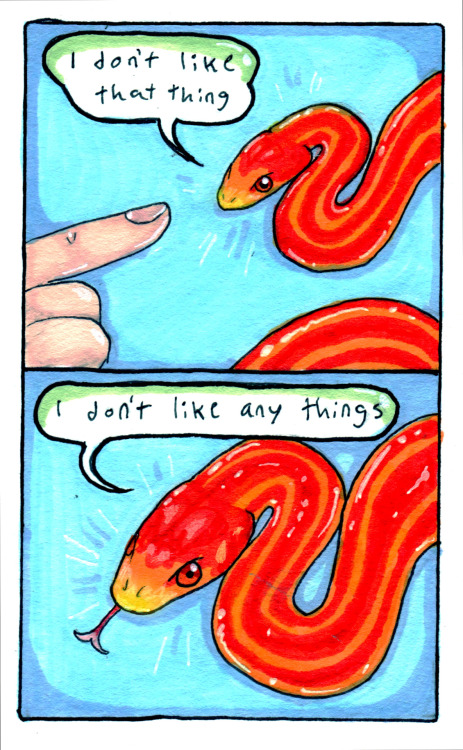
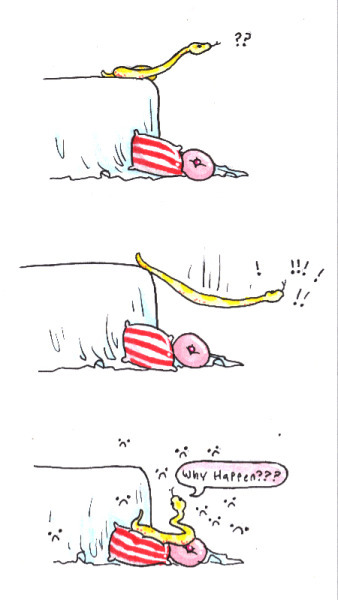

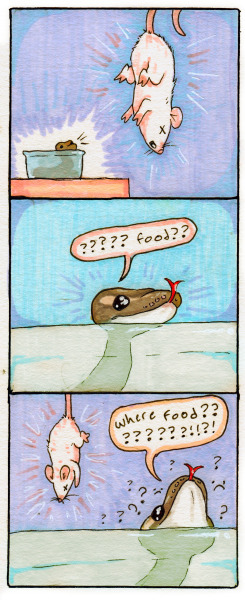

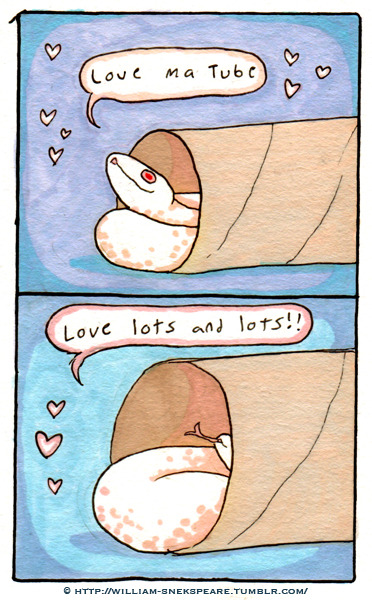
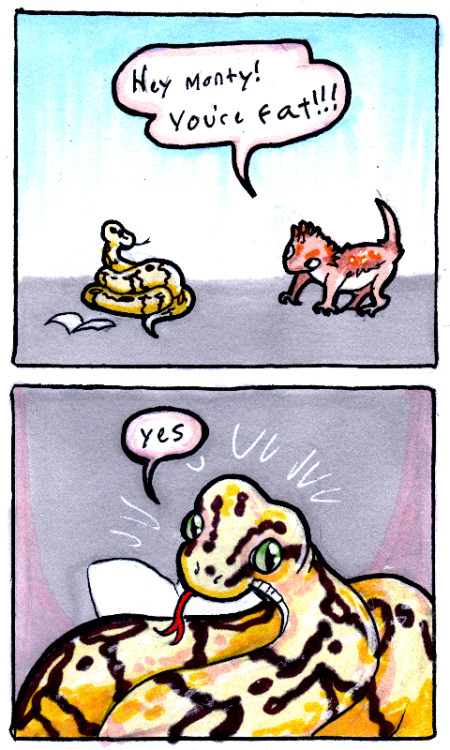
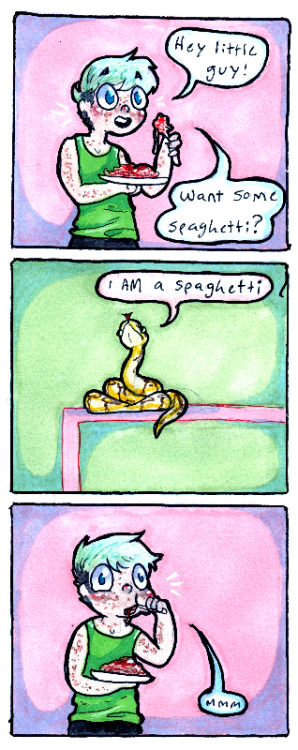






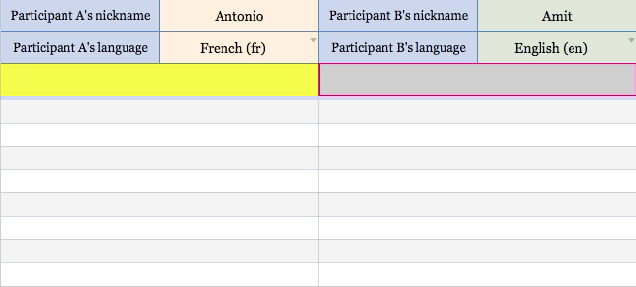
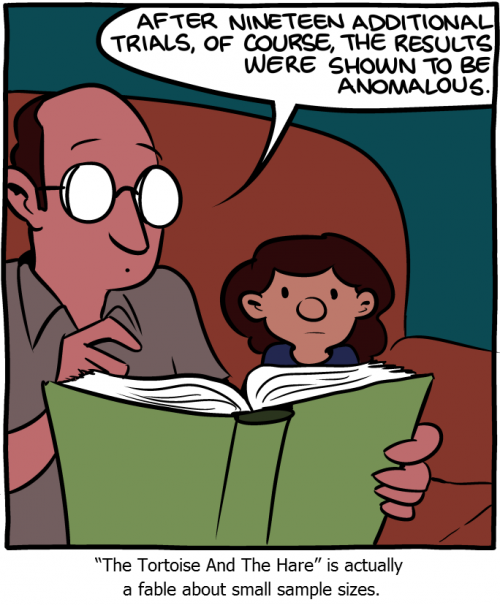


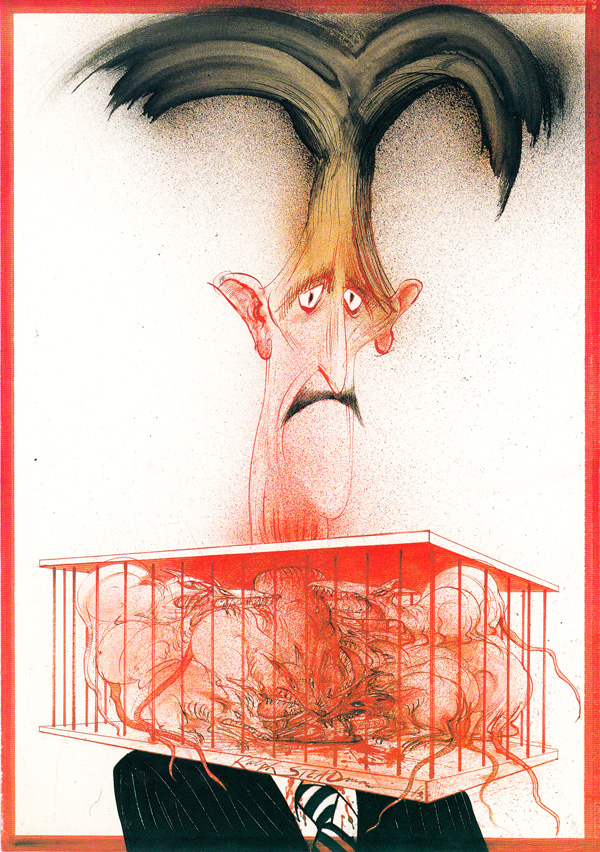






9())
